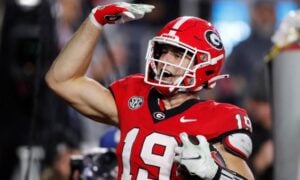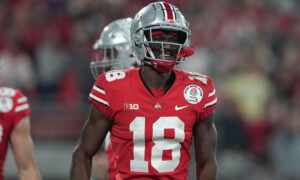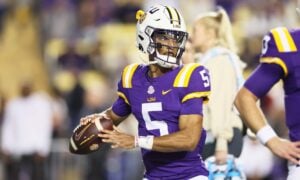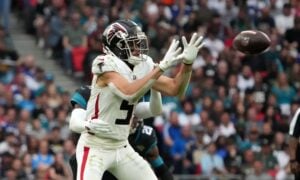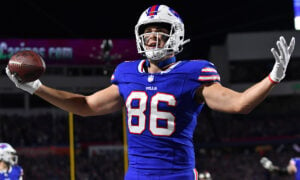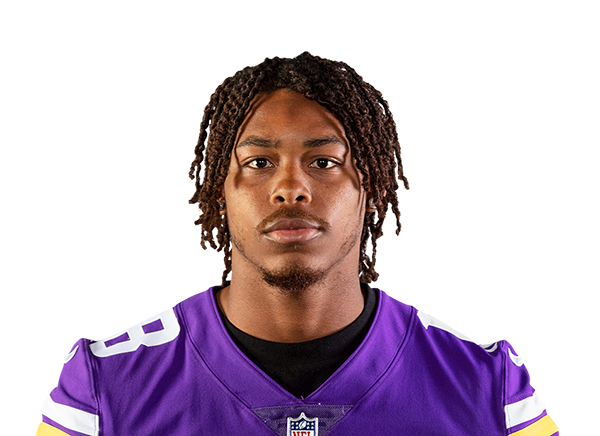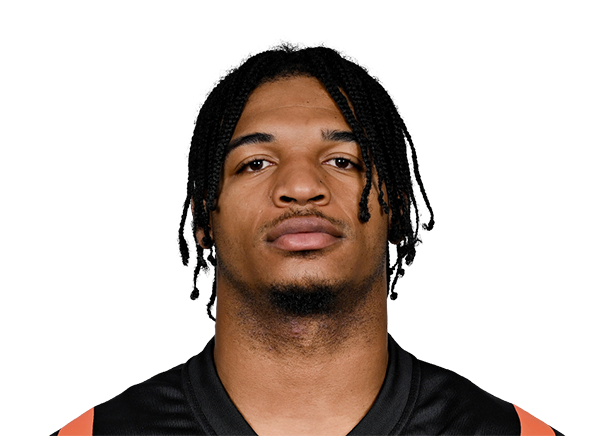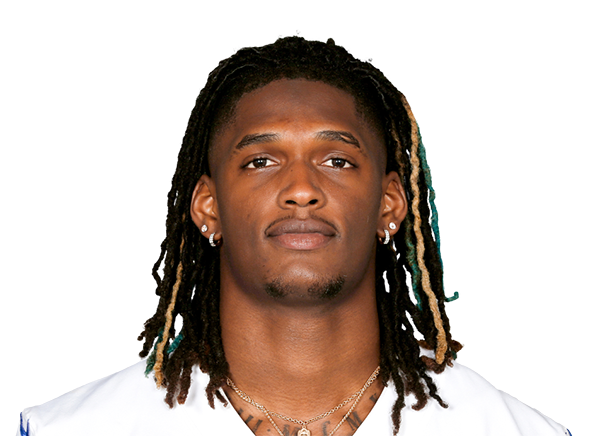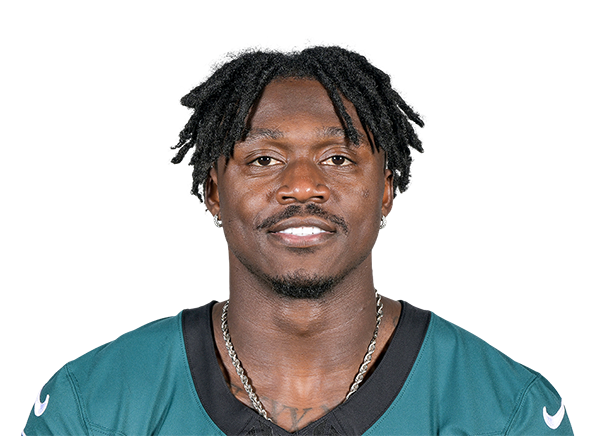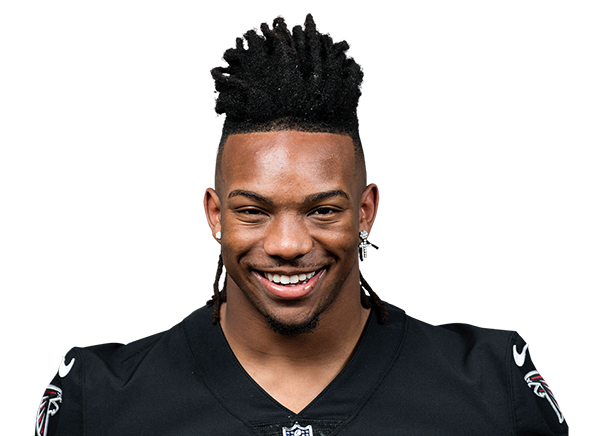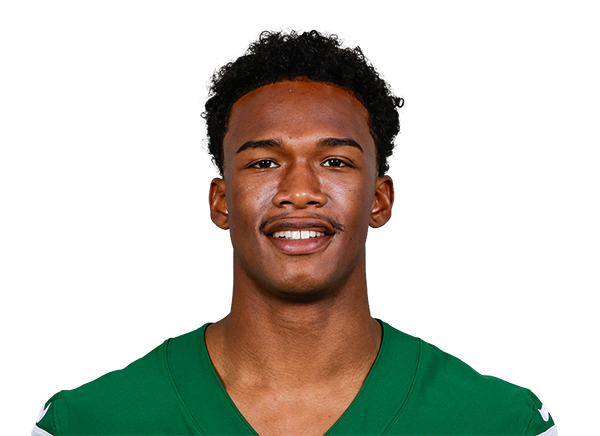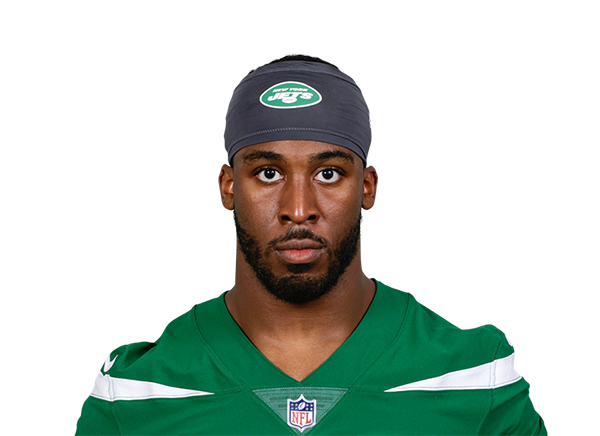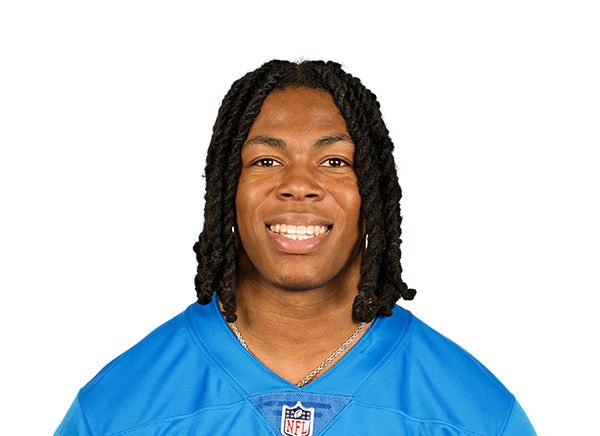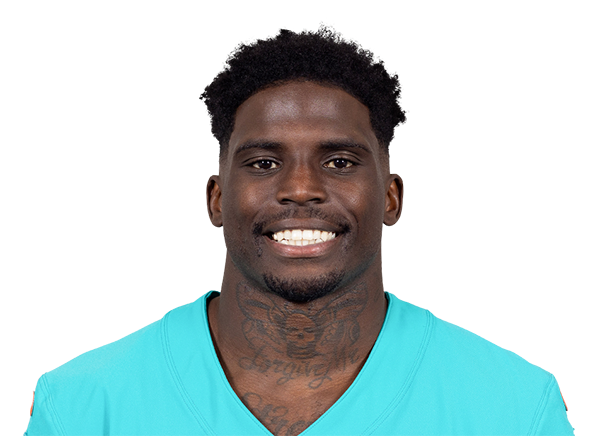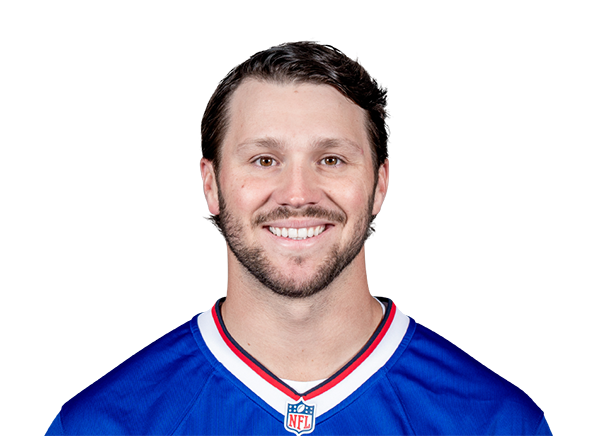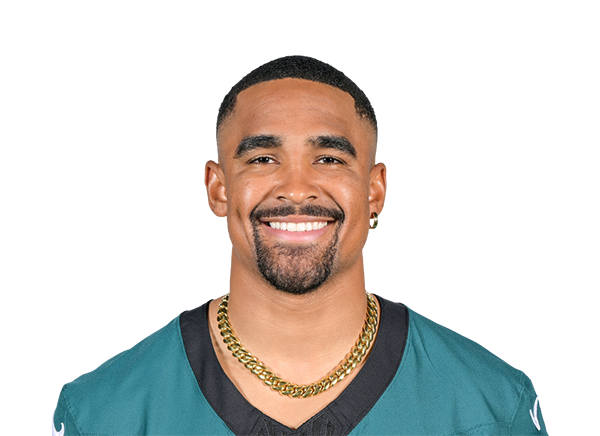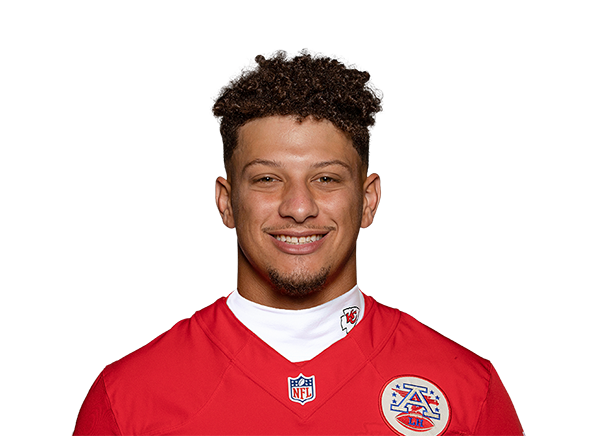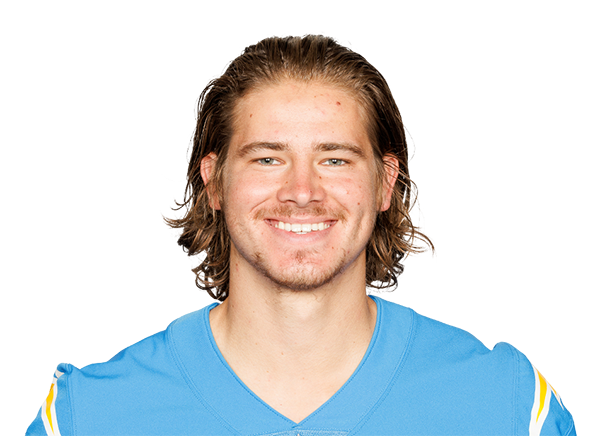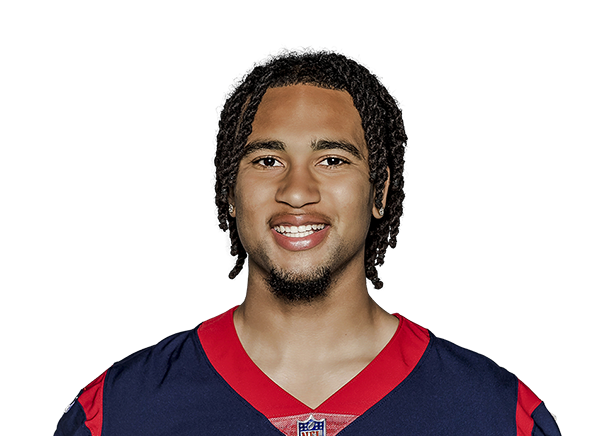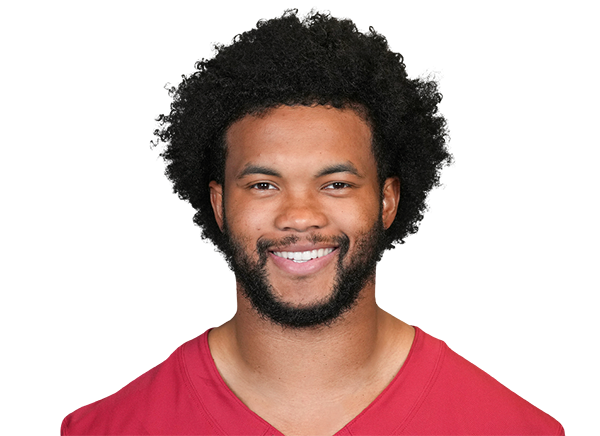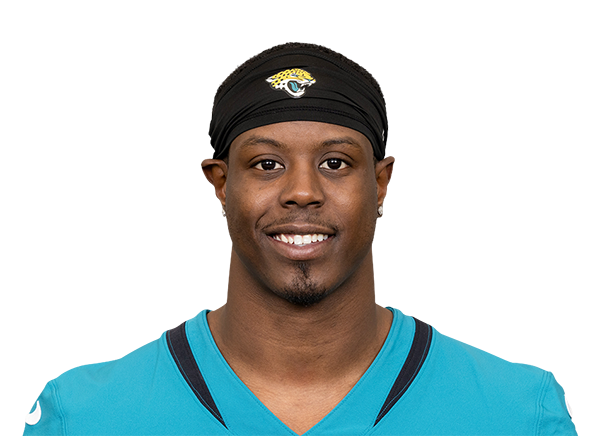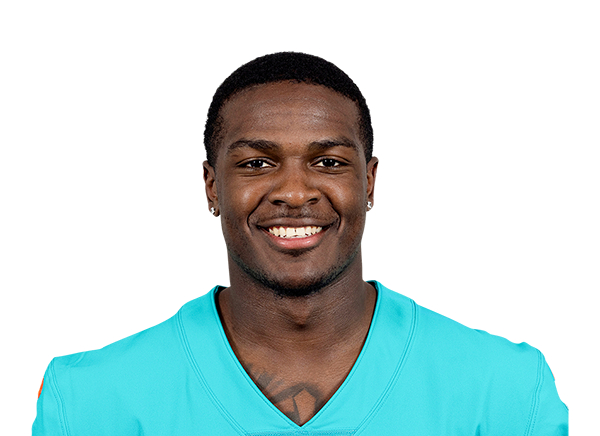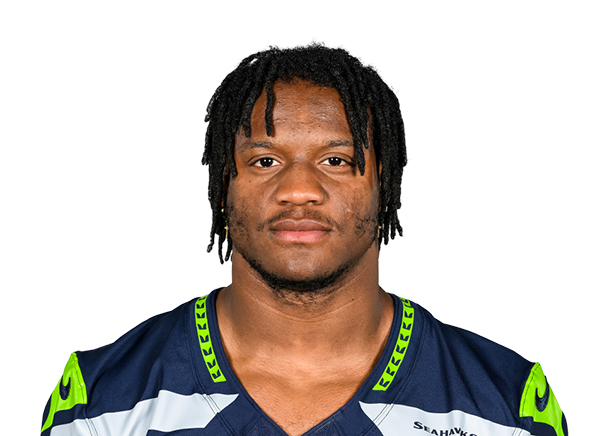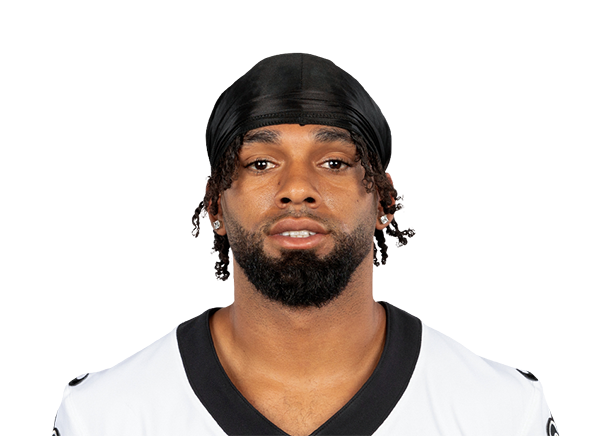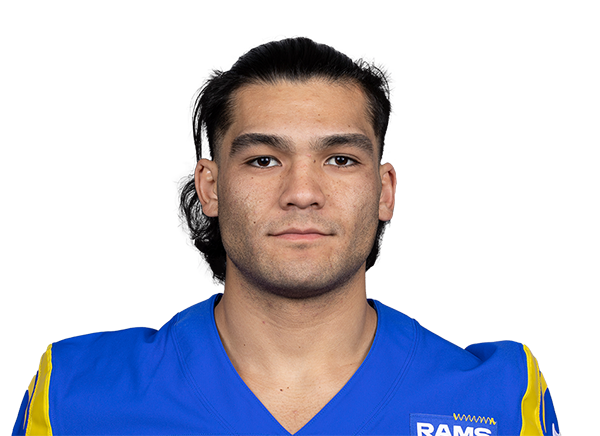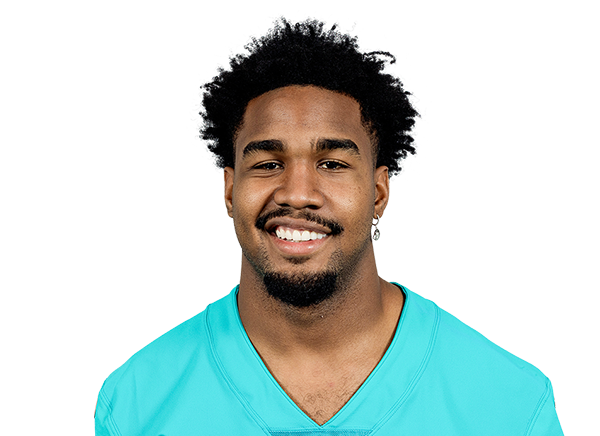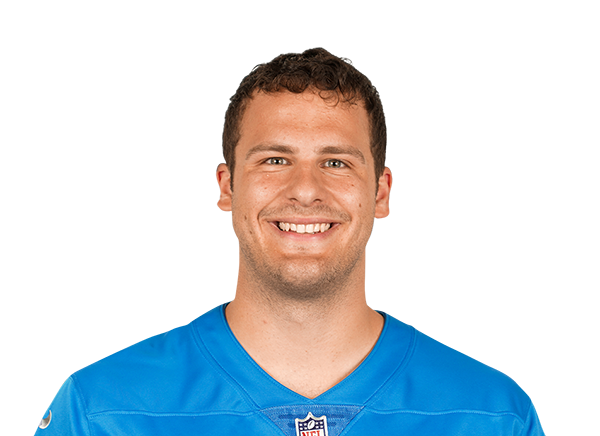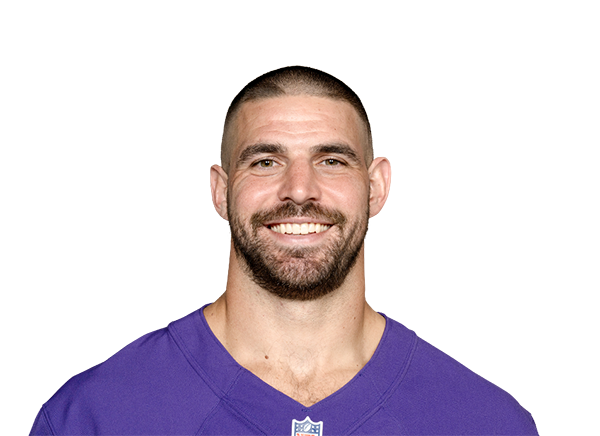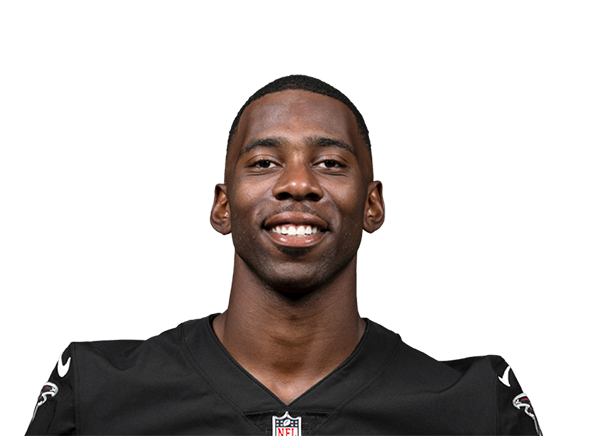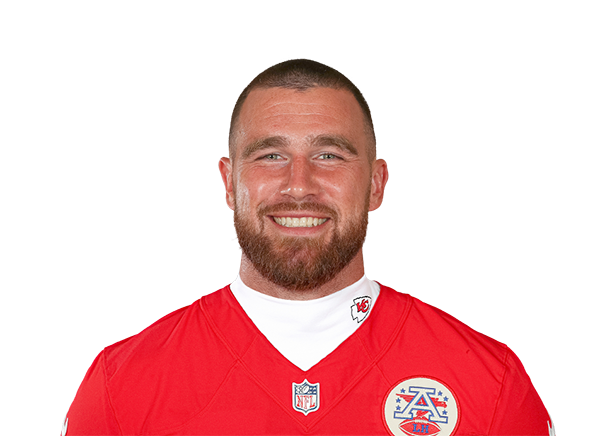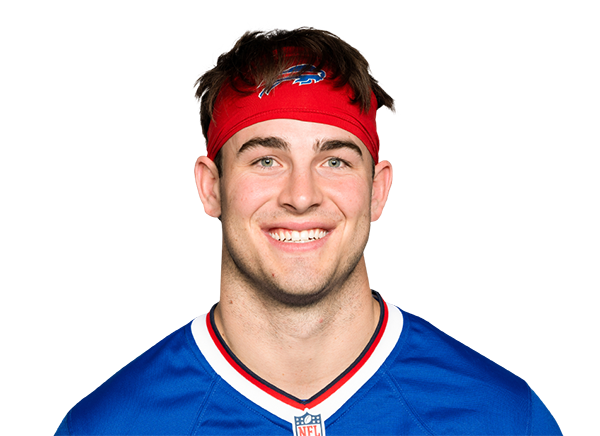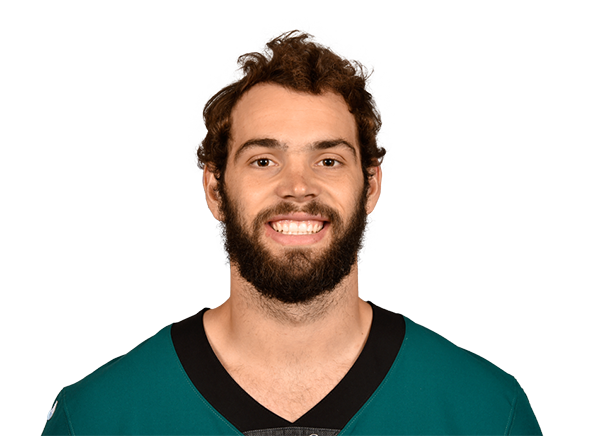Rookie Profile: Mitchell Trubisky, QB North Carolina
The fantasy football prospecting business is a funny one. Many people like to have a comparable player to help them understand what a certain prospect might be in the league. For instance, some scouts have compared Deshaun Watson to Marcus Mariota or Alex Smith, Patrick Mahomes to Jay Cutler or Matthew Stafford, and DeShone Kizer to Steve McNair or Brett Hundley.
But what about North Carolina’s Mitchell Trubisky?
It’s hard to get a good feel for a quarterback who started just one season in the NCAA — one with just an 8-5 record and a bowl loss — in which the quarterback himself turned in a strong fifth-best Passer Efficiency Rating among the 32 quarterbacks to attempt at least 400 passes, but he had just two decent games against ranked (read: NFL-caliber) opponents.
Trubisky is an enigma for evaluators, begging us to question whether we believe in production or projection. But as for his best comparable? You’ll have to read through to find out.
[am4show have=’g1;’ guest_error=’sub_message’ user_error=’sub_message’ ]
Production

Statistics from sports-reference.com.
Trubisky has little resumé for us to even examine. His freshman 2014 showed an abhorrently bad 6.41 percent touchdown rate to go with a 5.13 percent interception rate — but all of that was on just 78 passes. Sophomore year saw just 47 game passes thrown, and he turned in an even more ridiculous 12.77 percent touchdown rate and no picks (for the record, that’s like a 57:0 touchdown to interception ratio on 450 attempts; unsustainable).
If we look at his first two years as sort of a combined single season, though, we get a 65.6 percent completion rate, 8.11 yards per attempt, 8.8 percent touchdown rate, and much more reasonable 3.2 percent interception rate on 125 attempts. That gives us a decent baseline to compare to Trubisky’s starting season, in order to see how much he developed between those years.
With those numbers as our starting point, it appears that Trubisky made a small step forward in his final year on campus. The touchdown rate (6.71 percent) is smaller simply because of statistical normalization, but he decreased his interception rate to 1.23 percent while improving both his completion percentage and yards per attempt slightly.
Here’s the real issue: against five ranked opponents last year, Trubisky turned in a 63.27 percent completion rate, 6.11 yards per attempt, 3.57 percent touchdown rate, and 2.04 percent interception rate on 196 attempts. He was inconsistent at best and mediocre at worst against future NFL talent.
It’s also hard to understand why he sat behind Marquise Williams for two years if the former top Ohio football prospect really had what it took to be an NCAA (and NFL) starter. No disrespect to Williams, but time and again, he did nothing to produce for the Tar Heels on the field; why couldn’t Trubisky beat him out for a job? Some say Williams had the kind of charisma and leadership the team needed at that time, but does that mean Trubisky doesn’t have those qualities, when according to everyone interviewed, he’s a #leader?
We can see the progression in Trubisky’s profile, and can imagine that he might be able to do something like this in the pros at his peak: an Alex Smith-plus sort of stat line with 30 touchdowns as a cap and not a ton of bad decisions might be in the cards for Trubisky, if he can keep his game moving upward. Serious concerns cap that upside, though.
Projection
Here’s Trubisky’s Player Profiler page:
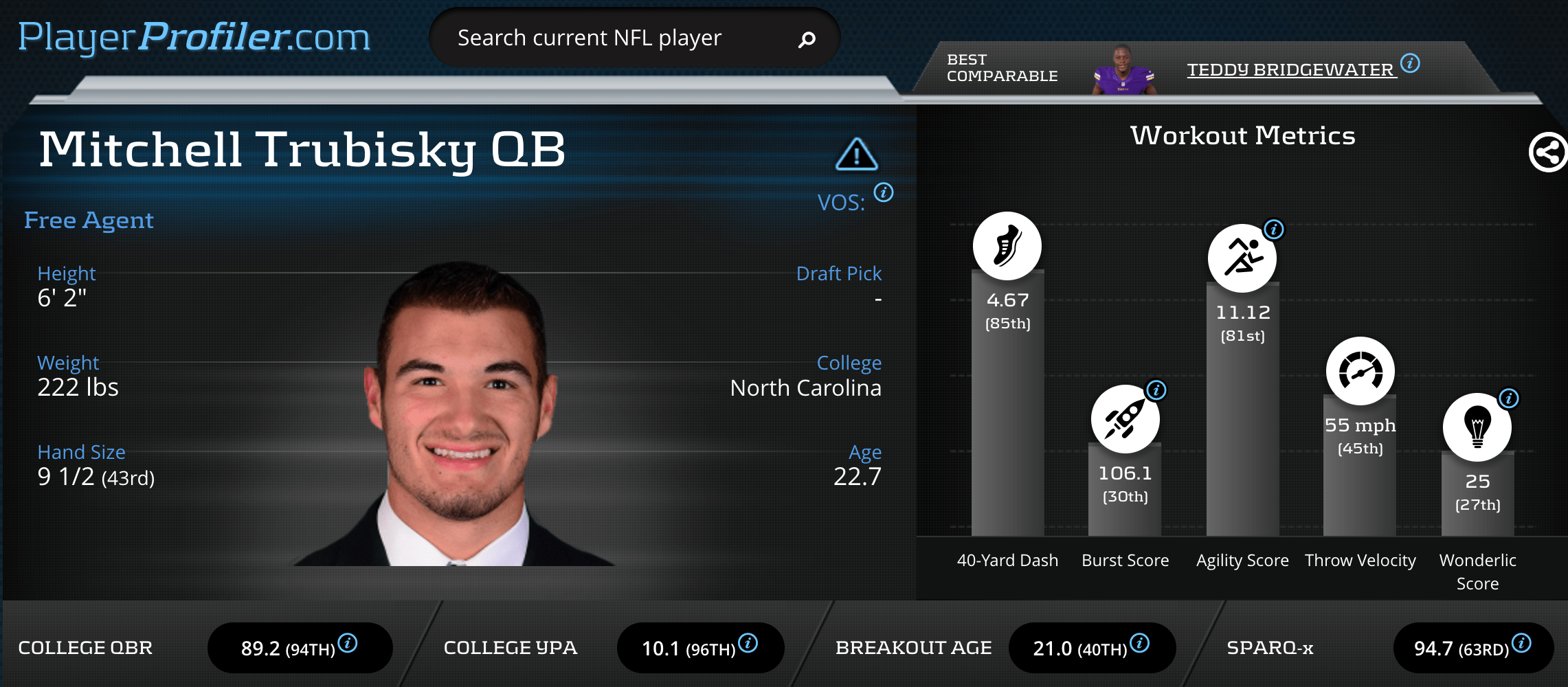
And Mock Draftable spider graph:
As quarterbacks have come and gone in draft classes in recent memory, I have begun to be more convinced that athleticism matters a lot less than intangibles for the quarterback position’s success. It’s harder to measure an intangible, but it’s not impossible to set parameters and attempt to find some scientific process within a somewhat subjective area.
Legendary NFL coach Bill Parcells had a checklist for the critical factors required for him to envision a quarterback as the future of his teams. Those qualities:
1. Be a three-year starter
2. Be a senior in college
3. Graduate from college
4. Start at least 30 games
5. Win at least 23 games
6. Post at least 2-1 touchdown-to-interception ratio
7. Tally a completion rate of 60 percent or higher
Trubisky checks off three of these boxes, four if he finishes his degree before leaving UNC. These are ways to measure intangible things like experience, maturity, “winning”, and so on. With quarterbacks becoming ever-more-important in the NFL equation, it’s necessary for them to be able to handle the bright lights and big cities of Sunday Night Football when they are penciled into the starting lineup. If they haven’t started (or played, really) in college, they may not be ready to take the reins of a pro team.
If we could ignore the fact that Trubisky will already be 23 years old by NFL kickoff this year, but has just 13 starts under his belt, I would be a lot more optimistic about his development potential. The fact is, though, it seems like he doesn’t have the experience to iron out his raw inconsistencies and repeat his immense upside.
For instance, check out this game against then 12th-ranked Florida State on October First, 2016. In this contest, Trubisky flung lasers all across the field and decimated a superstar defense for 405 yards, three touchdowns, and an 81.6 percent completion rate. He was on fire against one of the better teams in the nation.
https://www.youtube.com/watch?v=n1aMcrEDVcw
On the other hand, against Virginia Tech (not known for defensive stands) he was abhorrent: 58 yards, two interceptions, and a 39.4 percent completion rate. The level of inconsistency in his decision-making and ability to deliver repeatable footwork and arm action is concerning (and for the people who want to question this because it was raining that day: it rains in the NFL too).
He can make big throws, and his short-area work is good. His lack of blitz recognition will eat Trubisky alive in the NFL, though; if he doesn’t have the experience of dealing with NFL snap counts and calling out protections to save himself, he is going to go the way of Blaine Gabbert and other raw upside guys taken too early and trusted too readily with the keys to a franchise.
Verdict
Comparables are a funny thing, and I don’t like making player comps because I don’t think they illuminate enough about a prospect.
Instead, I peg Trubisky as the prospect version of the TV show “Lost”: you can see exactly what they were going for, and how cool of an idea it was in theory. In practice, it became a muddled mess that relished its inconsistencies like a pig in slop. This show created the potential for some of the greatest moments in modern TV history, but ended up with more questions than answers and more disappointment than satisfaction.
Trubisky could end up the same way: there is just as much risk as there is upside with him.
[/am4show]
- The IDP Impact of Steve Wilks to the Cleveland Browns - March 2, 2019
- The IDP Impact of Gregg Williams to the New York Jets - February 8, 2019
- The IDP Impact of Vic Fangio to the Denver Broncos - January 29, 2019





